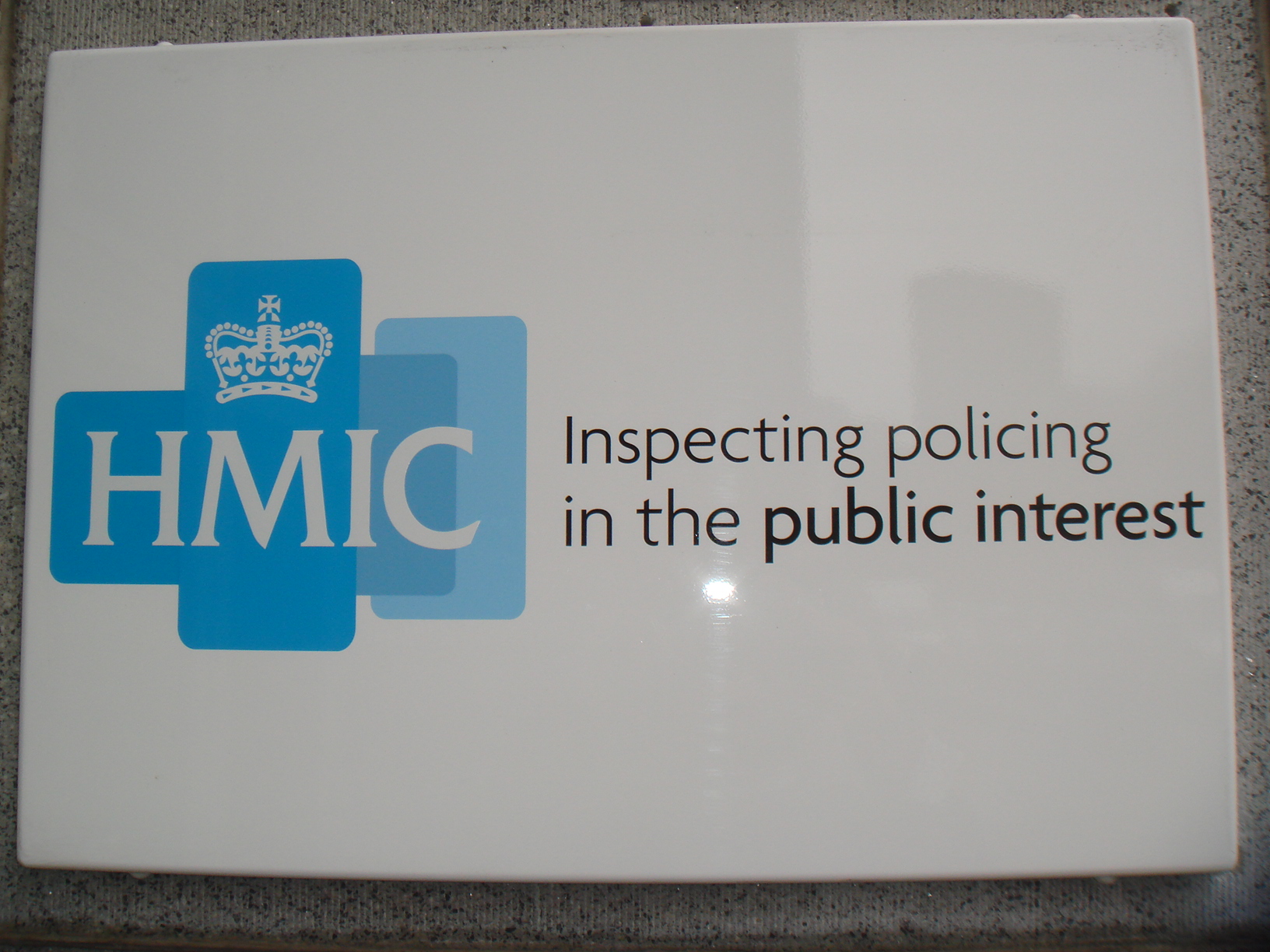HMIC: Better training needed for officers on CPS case files
THE “quality and presentation” of police evidence to the Crown Prosecution Service “clearly needs significant improvement”, a joint inspection report has found.
A review of 180 prosecution case files by HM Inspectorate of Constabulary (HMIC) and HM Crown Prosecution Service Inspectorate, (HMCPSI) found “the reports police send to prosecutors are still frequently missing important details, or being ‘overbuilt’ with material or evidence that is not needed.”
Only 37% of the summary of evidence sections in the case files examined were deemed “adequate” – meaning they had a correct list of key witnesses, an explanation of what evidence each key witness will provide and a summary of key evidence.
In its joint report “Getting cases ready for court”, HMIC and HMCPSI stated that “this reflects a considerable lack of understanding amongst frontline police officers of the importance and relevance of the information they are providing to the prosecutor.”
The report added: “It is also evident that supervisors, who have the first opportunity to check the quality of case files and feed learning points back to officers, are having little impact on standards.”
Mike Fuller, Chief Inspector of HM Crown Prosecution Service and a former chief constable of Kent Police, said: “The quality and presentation of police evidence to the CPS clearly needs significant improvement if prosecutors are to be given the best chance of success.”
The bodies recommended that The College of Policing should “urgently review and improve the quality of police training in matters such as the substantive criminal law and criminal procedure, including the rules of evidence and the role of police officers and police work in the criminal justice system.”
They added: “Police officers lack sufficient training in and experience of the workings of criminal courts, that deficit should be remedied, so that police officers have a sound appreciation of what happens when cases proceed to court, and how evidence is presented and tested.
“That way, they will have a far better understanding of the critical importance of the work they do in the earliest stages of the criminal justice process.”
They added that the quality of supervision of police officers should be “materially improved, so that mistakes are rectified promptly, time and effort is saved in the preparation of cases, and the interests of justice are served”.
Inspectors noticed that “the practice of copying and pasting information between documents was routine. This kind of shortcut generates risks, as it can introduce errors. For instance, we found examples where confidential information (such as a victim‟s address details) was included in the police report. This is an extremely grave error, because the information could be given to a defence team as part the advance disclosure process. This matter should be addressed as a matter of urgency.”
Inspectors also found “unnecessary information” was being included by officers in case files.
Drusilla Sharpling, an HM Inspector of Constabulary, said: “Good quality information secures just outcomes for defendants, victims and witnesses.Better supervision, training and quality assurance of case files will all help to address these issues, and ensure that court processes are not delayed or impeded by poor quality or irrelevant information.”

